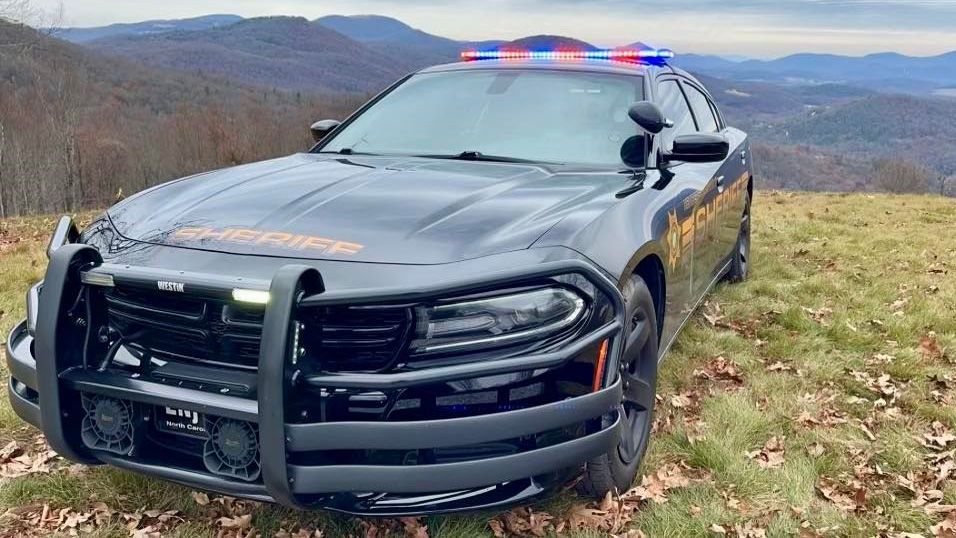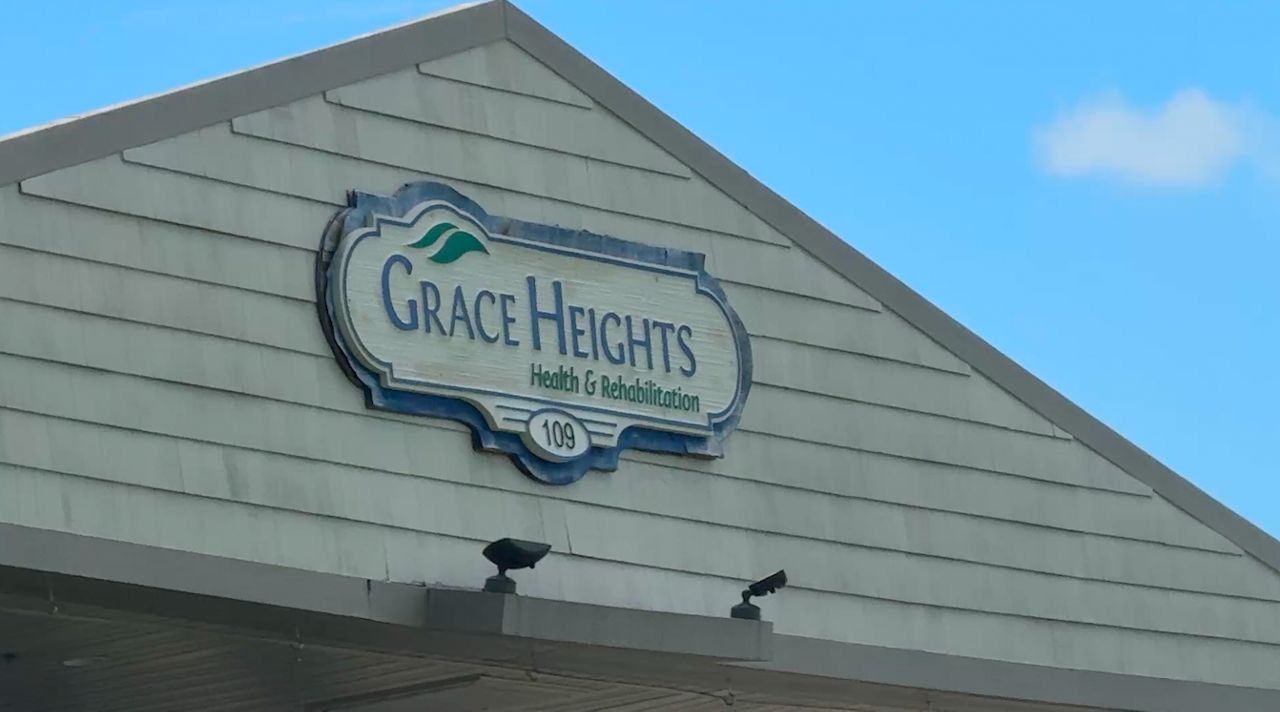CHARLOTTE, N.C. — The Transportation Security Administration is piloting facial recognition technology for domestic flights, and it could be expanding to more airports as soon as this year.
TSA's regional spokesperson, Mark Howell, says they are modernizing the screening experience for passengers.
"Biometric technology has the potential to enhance security effectiveness, improve operational efficiency and yield a more streamlined passenger experience at the TSA checkpoint," said Howell in a statement.
In August of 2020, the TSA demonstrated the technology at Ronald Reagan Washington National Airport. Then the TSA conducted formal field tests with volunteer passengers at Phoenix Sky Harbor International Airport (PHX), Indianapolis International Airport (IND) and Miami International Airport (MIA).
In 2022, the TSA expanded the pilot program to 16 airports nationwide, with the closest pilot to Charlotte at Hartsfield–Jackson Atlanta International Airport.
For those who consent and opt in, the TSA will collect a live photograph of a passenger and compare it to pictures already provided to the government, like a U.S. passport or Visa. The TSA says the information is then made anonymous, encrypted and transferred to the Department of Homeland Security for temporary analysis to test the technologies effectiveness. After 24 months, the data is deleted.
Local company I-Tech Security Network Solutions installs and uses facial recognition technology. Eric Tutton is the owner and says facial recognition is not as complicated as some people may think.
"[It's a] pretty simple process," Tutton said. "The cameras are looking at the geometry of the face, different pixels within the face, the spacing between different features of the face. That's one way the facial recognition is identifying people."
It comes with some hesitations, however.
"I do not have a problem with facial recognition personally, but others do," Tutton said. "I feel that it's mainly related to privacy concerns being imported into a database and then possibly being searched in the future for different things."
Being misidentified is also a top concern.
The TSA has not released hard data on how accurate the system is, but says the TSA in addition to the DHS Science and Technology Directorate have tested volunteer participant demographic information and have not found a consistent statistically significant difference across gender, race and skin tone.
"Given the wide diversity of the millions of travelers moving through airport checkpoints daily, accuracy in facial recognition solutions is a key issue for TSA," Howell said. "Therefore, TSA is grounding its exploration of facial recognition solutions in rigorous scientific study and analysis to ensure the full benefits of this technology are realized. Efforts will continue to ensure facial recognition checkpoint solutions are designed to mitigate performance variations.







)


